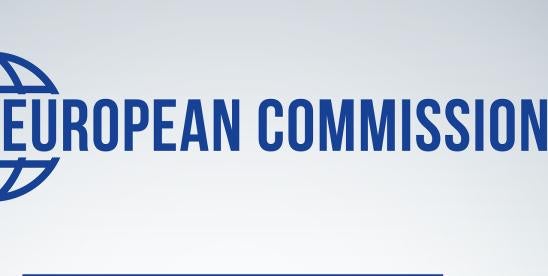
On 3 May 2024, the European Commission published a summary of the 2023 consultation on the EU Sustainable Finance Disclosure Regulation (“SFDR”) (the “Summary”). For more information on the consultation, please see our alert here.
Whilst the Summary does not hold substantive policy views of the European Commission, the feedback and how it is presented does raise some alerts of both uncertainty and potential increased disclosures as SFDR 2.0 evolves.
These include:
- Categorisation strongly supported — but no clear path forward: A large majority of respondents believe that EU sustainability product categories are necessary for an efficient distribution system based on investors’ sustainability preferences (69%), to combat greenwashing (64%) and to facilitate professional investors’ (72%) and retail investors’ (80%) understanding of products’ sustainability-related strategies and objectives. Over 70% of respondents believe that disclosures alone are not enough to achieve these objectives. However, views were divided in the middle as to whether categories should be based on new criteria, unrelated to existing SFDR concepts or if Article 8/9 should be converted into product categories with bolt on clarifications and additional criteria to the existing concepts. Although opinions were divided on the broad premise of categories, there was strong support for the following:
- Retail investor-focused (with no clear feedback on how professional investors should be within scope): a large majority of respondents called for categories to be simple, comparable and easily understandable by retail investors. This is well-meaning but leaves a question mark as to whether professional investors may have an alternative set of disclosures, or, as with the current SFDR regime, would also be the recipients of such retail friendly and structured disclosures.
- International dimension: most respondents urged the European Commission to consider international interoperability with the introduction of any new categorisation system.
- Transition finance should be integrated: there was overwhelming support of 72% of respondents for creating a specific category for products with a transition focus, aiming to improve the sustainability profile of the assets they invest in. This chimes with market practice frustration of the current Article 9 category focus on ‘being green’ rather than ‘becoming green’, meaning many transitional and even impact investment strategies need to be considered as Article 8.
- Asset-neutral criteria: respondents highlighted the need for underlying criteria to be asset-neutral and applicable to all types of financial products.
- Potential unform disclosure requirements, irrespective of sustainability claims: 56% of respondents believed that the EU should impose standardised disclosure requirements for all financial products, including those offered into the EU, irrespective of their sustainability claims to ensure fair competition and improve comparability. However, as some other respondents called out, such a proposal does have associated costs and also could trigger irrelevant disclosures in comparison to the strategy, even misleading investors. If there were significant standardised disclosures, such as the principal adverse impact indicators for all financial products, there could be a revisiting of the marketing strategy for non-EU funds marketed into the EU if the resource and costs were considered prohibitive.
- Split views on the relevance of SFDR entity level disclosures: in what may be of some surprise to asset managers, there was no consensus regarding the usefulness of the entity-level disclosures on remuneration policies (39% in support, 26% against) and adverse sustainability impacts (31% in support, 31% against). Responses showed some support for the current transparency requirements on the sustainability risk policies (49% in support, 15% against). However, a large majority of respondents called for these disclosure requirements to be simplified and streamlined and expressed concerns about overlap between the principal adverse impacts disclosed under SFDR and the reporting obligations under the Corporate Sustainability Reporting Directive.
Our view is that progress may be slow, with no clear consensus of the categorisation preference, despite the frustration of 77% of respondents setting out that there is a lack of legal clarity on key concepts, limited relevance of certain disclosure requirements and issues linked to data availability. However, SFDR is here to stay in some form as there was widespread support for the broad objectives of SFDR:
- 89% of respondents consider the objective to strengthen transparency through sustainability-related disclosures in the financial services sector is still relevant today; and
- 94% of respondents agree that opting for a disclosure framework at the EU level is more effective than national measures at Member State level.






